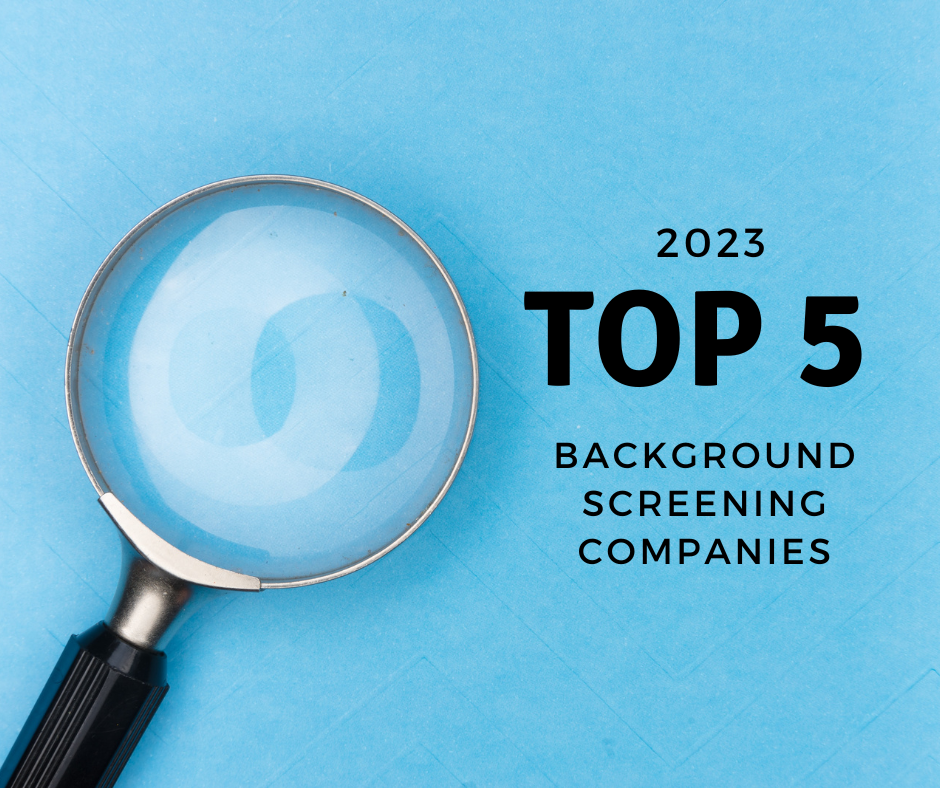Wondering how we verify that criminal records belong to your applicant? In this article we will break down the steps we take to make sure it's really him/her.
The most central element of a background screening researcher's job is determining whether or not the records they find belong to your applicant. Providing accurate background information is essential to the hiring process and ensuring the safety of our clients' work environments. Any inaccuracies are detrimental, and precisely why we take our jobs very seriously.
This verification process has various levels of difficulty, depending upon the amount and accuracy of information provided by the court and our clients. The most important tools we have as researchers are the individual’s primary identifiers: full name, date of birth, social security number, address and driver’s license number. At least two of these identifiers are necessary in order to definitively determine that a record belongs to the applicant, but the presence of more is ideal. There are others that can be used in the elimination process (such as gender, race, height, weight, etc.); but given the fact that these identifiers can generally be applied to any number of people, they are not reliable as primary identifiers.
Many courts of law provide at least two of these necessary identifiers, and therefore make it a relatively simple process to verify whether or not the record belongs to the applicant. When a full name and date of birth are provided, for example, it is much easier to narrow down possibilities and make reporting decisions. Unfortunately, this information is not always provided in the initial report from the court or may not be enough, at which point more digging may be required.
For instance, if a subject has a common name, such as John Smith, there will be more difficulty in determining which records belong to our subject and which do not. This is when multiple identifiers are particularly important. Even if there is a date of birth match or an address match to go with the name, in such cases it is always best to err on the side of caution and do the necessary research to ensure that the record belongs to the applicant and not a parent, child or even a stranger that may have similar identifiers. Sometimes we are able to verify that a record belongs to the applicant by using the information listed on other records already verified. For instance, if a driver's license number is not provided, but a record with multiple matching identifiers includes a driver's license number that matches the number listed on the record in question then we can safely determine that the record does belong to the applicant.
There are times when we must consult outside sources in order to confirm the validity of a report; these can include consulting records from the state’s Department of Corrections, obtaining further information from the county’s Clerk of Court, or comparing mug shots from the initial arrest. In one such case, I had multiple records that had a name and date of birth match, which would technically be enough to report. However, upon further investigation, I found that another individual in the area had these same identifiers and a similar criminal history. I was finally able to definitively determine which records to report by finding the mug shot for a record with multiple identifiers that I knew belonged to our subject and comparing it with mug shots from the records in question, which ultimately enabled me to eliminate several of the records.
The process of eliminating records and deciding which to report to our clients is dependent on the amount of information provided as well as the amount that we are able to uncover on our own. However, by utilizing thorough attention to detail and deductive reasoning, researchers are able to provide our clients criminal background reports that we can be confident are accurate.



